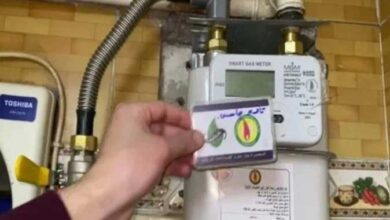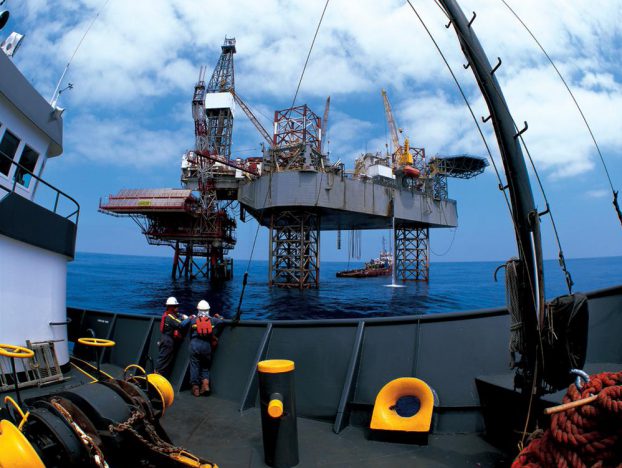The question of whether to allow the import of gas for use by local factories is still under review by a joint petroleum and trade ministry committee, which is expected to issue a final decision on the matter in November, according to a Petroleum Ministry source.
The committee may decide against the move, the same source said, in light of "technical or economic obstacles."
If found to be economically feasible, said Ministry of Petroleum Undersecretary Tarek al-Hadidi, the ministry would not be mandated with establishing companies for importing the gas. Rather, the door would be opened to the private sector to begin importing needed gas.
He went on to deny the existence of any legal impediments to the move, since General Authority for Petroleum regulations allow the authority to issue import permits.
In response to questions about differences in gas prices between factories that receive subsidized gas and those that import it at international prices, al-Hadidi said that, if gas imports were approved, new licenses would only be issued on condition that gas was imported–not if it was provided by the state. Investors seeking licenses, therefore, should be aware of price differences.
In the event that gas imports are found to be economically viable in the industrial and service sectors, al-Hadidi went on, the ministry would consider using the national natural gas network to accommodate expected quantities of gas imports.
He went on to say that the committee was not only considering the import of natural gas, but also of diesel fuel, which is considerably easier to transport. Al-Hadidi added, however, that rising global prices for diesel had made the fuel "unattractive" for most factories, pointing out that global diesel prices currently stood at US$450 per ton compared to only LE100 on the local market.
Minister of Trade and Industry Rachid Mohamed Rachid, for his part, announced the possibility that gas might be imported for use by factories as early as 2015. Petroleum Ministry officials, however, say that massive investment–and a four- to five-year period–would be necessary to prepare the required infrastructure for such an arrangement.
Translated from the Arabic Edition.




